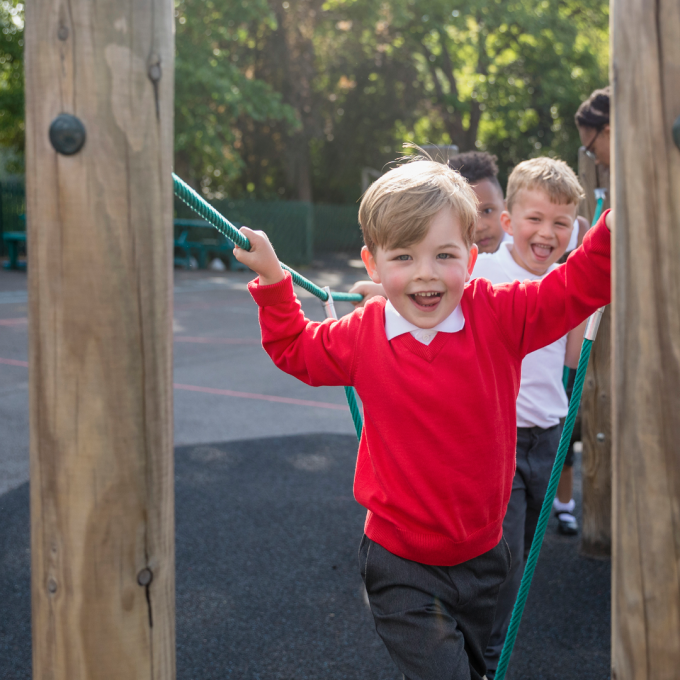_680.jpg)
Dovecote School: ‘Outstanding’ from Ofsted and Thrive School of Excellence in just two years
22nd July 2024 | Blogs | Case Studies | Thrive Schools of Excellence
Dovecote School, in Somerset, opened its doors in September 2022. In just two years, the school has been rated as ‘Outstanding’ by Ofsted, and recognised as a Thrive School of Excellence for its commitment to young people’s mental health and wellbeing.
_680.jpg)
On Track Barnstaple: “Thrive underpins the success of our school”
11th July 2024 | Blogs | Case Studies | Thrive Schools of Excellence
Many of the young people at On Track Barnstaple have experienced unsuccessful school placements and struggle to see a future for themselves. However, On Track’s mission is to ensure every pupil has the opportunity to succeed and gain the skills they need to progress to the next phase of their lives. With the help of Thrive, On Track has grown into a calm, caring school where all pupils feel safe, valued and empowered to be themselves.

8 key takeaways from the new Thrive-Online dashboard – and how to use them
10th July 2024 | Blogs
In this blog, Thrive-Online Product Manager, Claire Daniels, walks you through one of the platform’s latest developments – the progress monitoring dashboard. This dashboard enables school leaders to see how Thrive is being used across their setting, monitor the impact and identify where to prioritise resource. Plus, through a simple integration with Wonde and your school Management Information System, you’ll be able to connect wellbeing, attendance and exclusion data all in one place.

How to effectively manage behaviour in schools with Thrive-Online
26th June 2024 | Blogs
Discover how Thrive-Online’s Behaviour Assessment Tool helps manage disruptive behaviour in schools, supports pupil wellbeing, and improves classroom dynamics. Learn more about evidence-based strategies for improving classroom behaviour and promoting mental health and behaviour in schools.
_680.jpg)
How to apply for the DfE Senior Mental Health Lead grant
24th June 2024 | Blogs
Learn how to apply for the DfE Senior Mental Health Lead Grant. Eligible schools in England can receive a £1,200 grant for quality-assured training to enhance mental health support. Don't miss this opportunity – apply by December 31, 2024.
(2)_680.jpg)
Sutton Park Primary School: A ‘totally different place’ thanks to Thrive
19th June 2024 | Blogs | Case Studies | Thrive Schools of Excellence
Looking for a solution to tackle disruptive classroom behaviour, Sutton Park started using Thrive in 2016. Since introducing the Approach, staff have been able to identify and support pupils struggling socially and emotionally, resulting in a significant reduction in behavioural incidents. Not only has the school been rated as ‘Outstanding’ by Ofsted, Sutton Park has also been recognised for its positive impact on pupils, and on the wider community, by being named a Thrive School of Excellence.
_680.jpg)
What school and education system leaders think of Thrive-Online
17th June 2024 | Blogs
Hear first-hand from teachers, support staff, pastoral leads and senior leaders from a variety of schools, settings and trusts as they share their thoughts on Thrive-Online.
Creating a sense of safety in the transition to secondary school
17th June 2024 | Blogs
Transition to secondary school can be stressful for many children. Jodie Morris of Barwic Parade Community Primary in North Yorkshire describes an approach that’s helping to smooth the way.

The power of movement and nature in education
15th May 2024 | Blogs
Explore the synergy of movement and nature in nurturing mental wellbeing during Mental Health Awareness Week 2024. Thrive's Head of Product and Innovation, Viv Trask-Hall, delves into practical strategies for incorporating outdoor play and physical activity into education.




(1)(1)(1)_680.jpg)